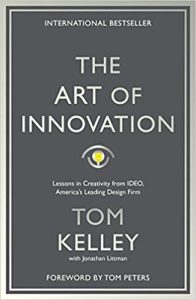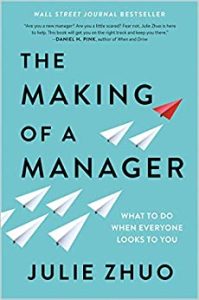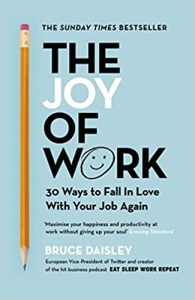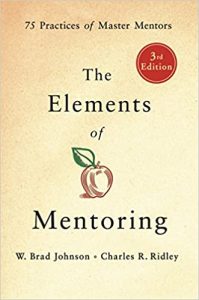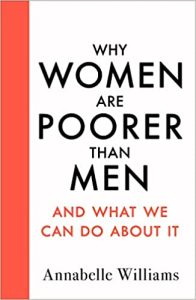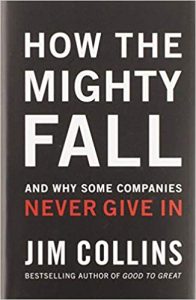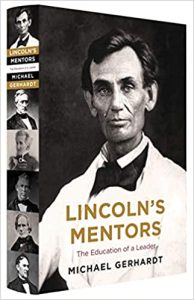Art Of Innovation
₦5,000.00There isn’t a business that doesn’t want to be more creative in its thinking, products and processes. In The Art of Innovation, Tom Kelley, partner at the Silicon Valley-based firm IDEO, developer of hundreds of innovative products from the first commercial mouse to virtual reality headsets and the Palm hand-held, takes readers behind the scenes of this wildly imaginative company to reveal the strategies and secrets it uses to turn out hit after hit.
Kelley shows how teams:
-Research and immerse themselves in every possible aspect of a new product or service
-Examine each product from the perspective of clients, consumers and other critical audiences
-Brainstorm best when they are focussed, being physical and having fun
The Art of Innovation will provide business leaders with the insights and tools they need to make their companies the leading-edge top-rated stars of their industries.

